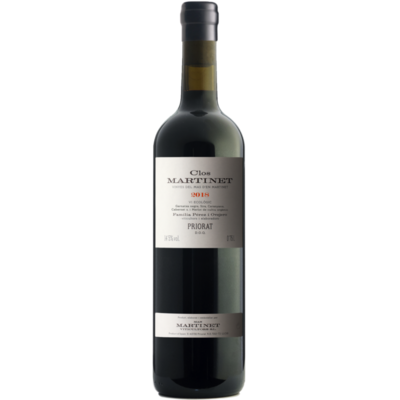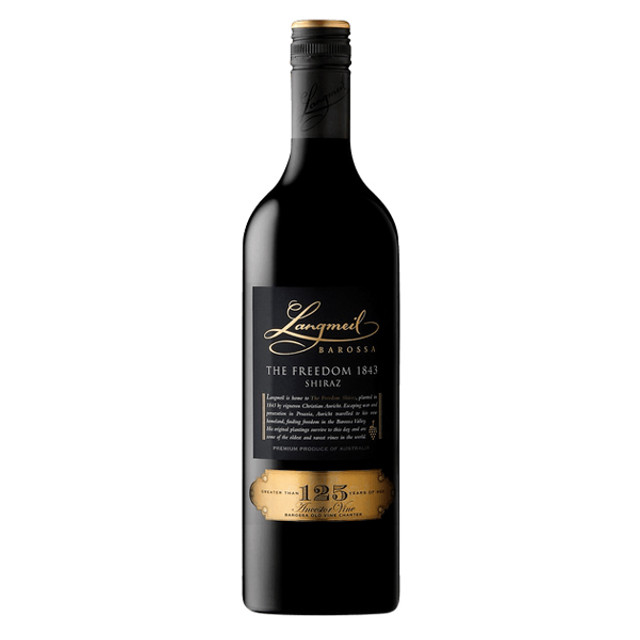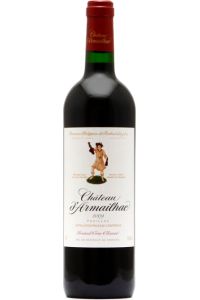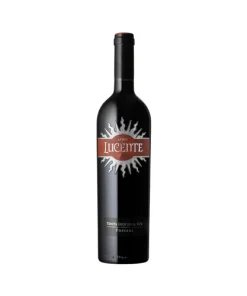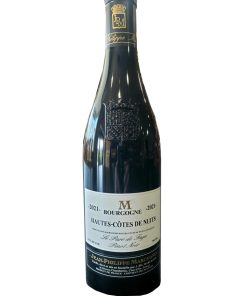2019 Mas Martinet Clos Martinet Priorat
2019 Mas Martinet Clos Martinet Priorat A beautiful sense of minerality and rocky earth as well as pure black cherry, currants, bouquet garni, and leather emerge. Medium to full-bodied, nicely concentrated, with firm tannins and a great finish. The wines of Priorat are today Spain’s finest reds. They are equally of the best that the French Mediterranean and all of Italy produces. It is a wild region, of steep, terraced vineyards that date to Roman times. Its typical terroir is composed mainly of ragged and broken slate (schist, or llicorella in the Catalan dialect), lending distinct character and finesse to the region’s best wines. Sara Perez wine making at Mas Martinet is at once simple and brilliant as described by Drew Matich from Pulling the Cork, August 2009: “. . . the bottom line is this: Sara’s wines faithfully reflect the grapes of the vineyard in any given year. There are no winemaker games played to optimize or equalize the wine across different vintages. The grapes are blended, fermented, and aged as they come out of the vineyard. And from our tastings, the results were amazing.”
Mas Martinet
Always in search of new looks, with a culture based on balance, sustainability and harmony with nature.
Committed to tradition, the environment and people. Recovering varieties, reinventing processes and materials under the precepts of agroecology and minimal intervention with the utmost respect for the people who work it. Fighting for an econfeminist and transversal world.
We work the crops in an ecological way, being as respectful as possible with all the processes. We cultivate legumes and recover wild varieties of flowers and shrubs. We are guided by the lunar calendar to make the most of the natural treatments that we provide to the vineyards, such as compost and herbal infusions. Small gestures to obtain wines faithful to their terroir, actively collaborating with the balance of our agricultural systems.
Red wine
Red wine has been prevalent since prehistory (the period before written records) as winemaking originated and spread throughout the world. In this case, “red blend” refers to any red wine that contains more than one red grape variety in the final product, though certain red blends can have their own designation as varietal wines despite comprising multiple grapes.
For much of the history of European wine, red blends were in fact more common than single varietals, as winemaking was typically region-centric and featured grapes consolidated from vineyards across a given area. One famous example of this practice is the Bordeaux blend, which originated in the 18th or 19th century and usually comprises Cabernet Sauvignon, Merlot and Cabernet Franc.
Though prominent red blends such as Bordeaux still remain popular, many red blends have been associated with lower quality due to the assumption that the term indicates cheaper table wines. However, many high-quality wine producers still elect to produce red blends, and these wines can in fact offer many unique and delicious flavors due to the winery’s ability to custom design the profile of their product.
Related products
Wines!
Red Blend
93pts JS, 91pts WA, 91pts Wine Spectator SAVE 31%
Red Blend
Red Wine from Bordeaux, France
Wines!
Insider Red Burgundy Smart Buy. Perfect For Thanksgiving.
